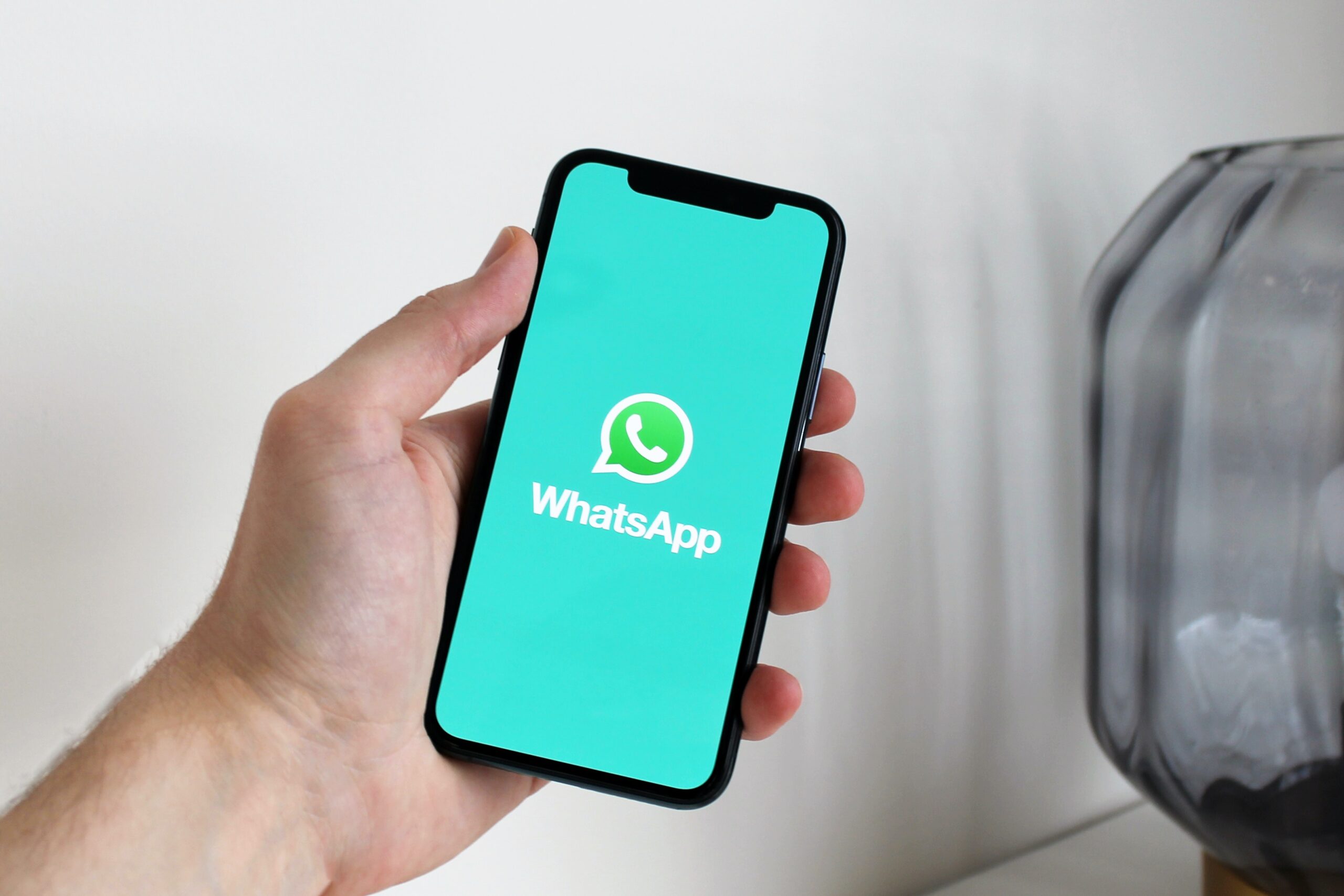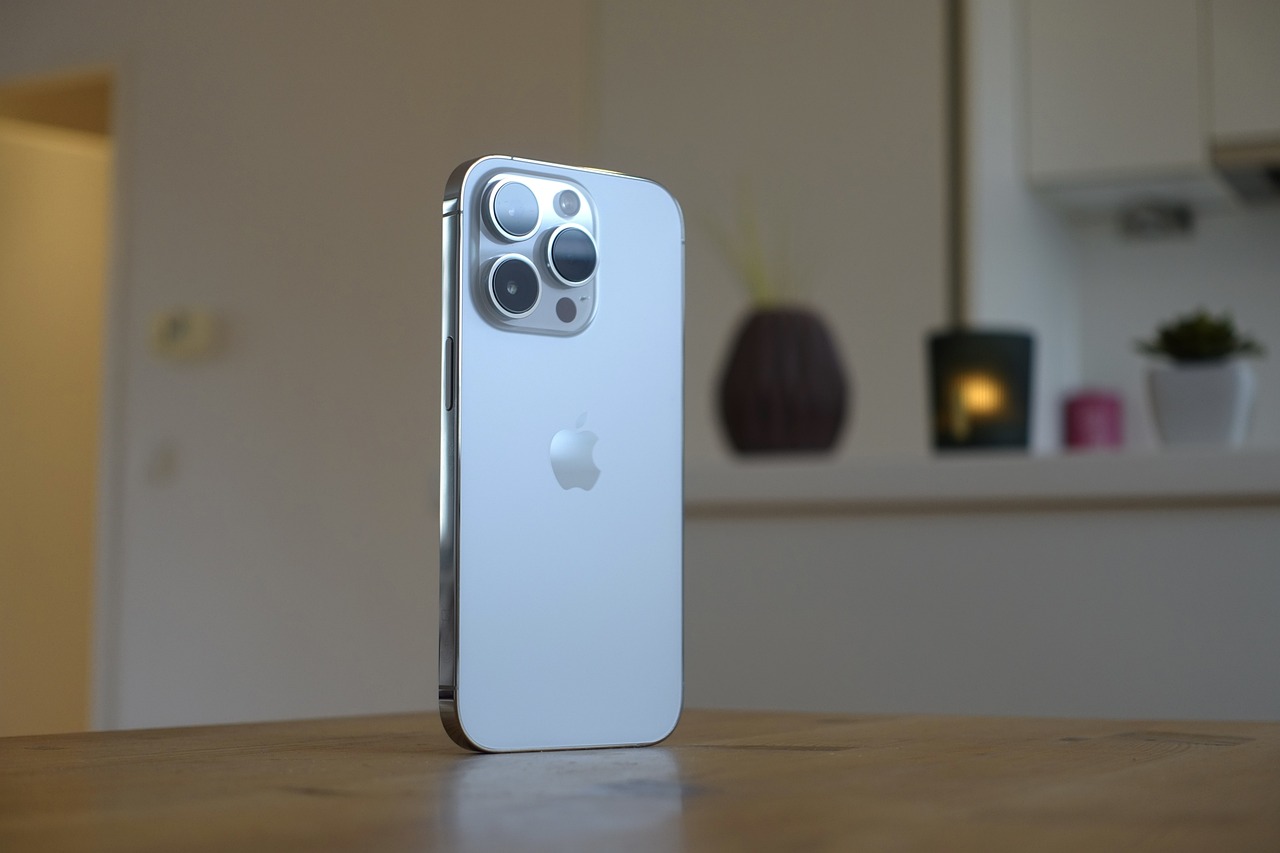Decision aims to guarantee essential rights to customers of some companies.
The use of cell phones has become increasingly common in our daily lives. We always have them in our hands, whether sending messages, making calls, transferring money, looking for news, listening to music and much more. As a result, the device has become increasingly essential in our lives, as it often carries important data that makes a difference in our daily lives, due to its ease of use.
Nowadays, it has become increasingly difficult to find someone who does not own a cell phone, even if it is a model considered simpler. The evolution of the device, in fact, was a shock for many, who did not know that it was possible for such a small device to be able to do so many different things at the same time.
With all this, we can already see that cell phones have become indispensable in our lives, right? A case that deals with this subject even ended up in court and has caused a lot of controversy. Find out all the details of this case now and discover what the outcome was!

Cell phone lock
When applying for a loan from a financial institution, it is normal for the customer to leave some assets as collateral, as a way of securing better rates and conditions, which could be houses or cars. However, if the customer does not have any of these assets, the cell phone can also be used at the time of negotiation. However, it is not the device that becomes collateral in these cases, but rather access to it.
To obtain a loan from these institutions, the interested person must be of legal age, agree to the company's membership terms, prove some income, and the main thing for the guarantee: have a cell phone with the Android operating system.
When the loan is released to the customer, he or she must install a device blocking program on the cell phone, known as Device Locker. Once installed, the company responsible for the loan will have access to the cell phone's functions.
If the customer does not pay the installments of the contract, the company can block the customer's device, which can only make emergency calls, losing full access to social networks, applications and calls to other people.
Justice
Customers who experienced the problem appealed to the Brazilian Institute for Consumer Protection and the Public Prosecutor's Office of the Federal District, which took the case to court. As a result, the Court of Justice of the Federal District and Territories ruled that the practice is abusive and credit companies cannot block the devices of defaulting customers as a guarantee of the amount of the debt.
According to the decision, the act of blocking cell phones, which are essential goods, was harming customers who needed the money and only accepted the condition due to the social vulnerability they faced.
With the judgment, the judge responsible for the case determined that the cell phones of customers were unblocked and that the companies Supersim Análise de Dados and Socinal SA – Crédito, Financiamento e Investimento, were prohibited from demanding the devices as collateral for loans. The two financial institutions required the installation of the blocking program at the time customers signed the contract.
The decision, however, was judged in the first instance and both companies can appeal.



